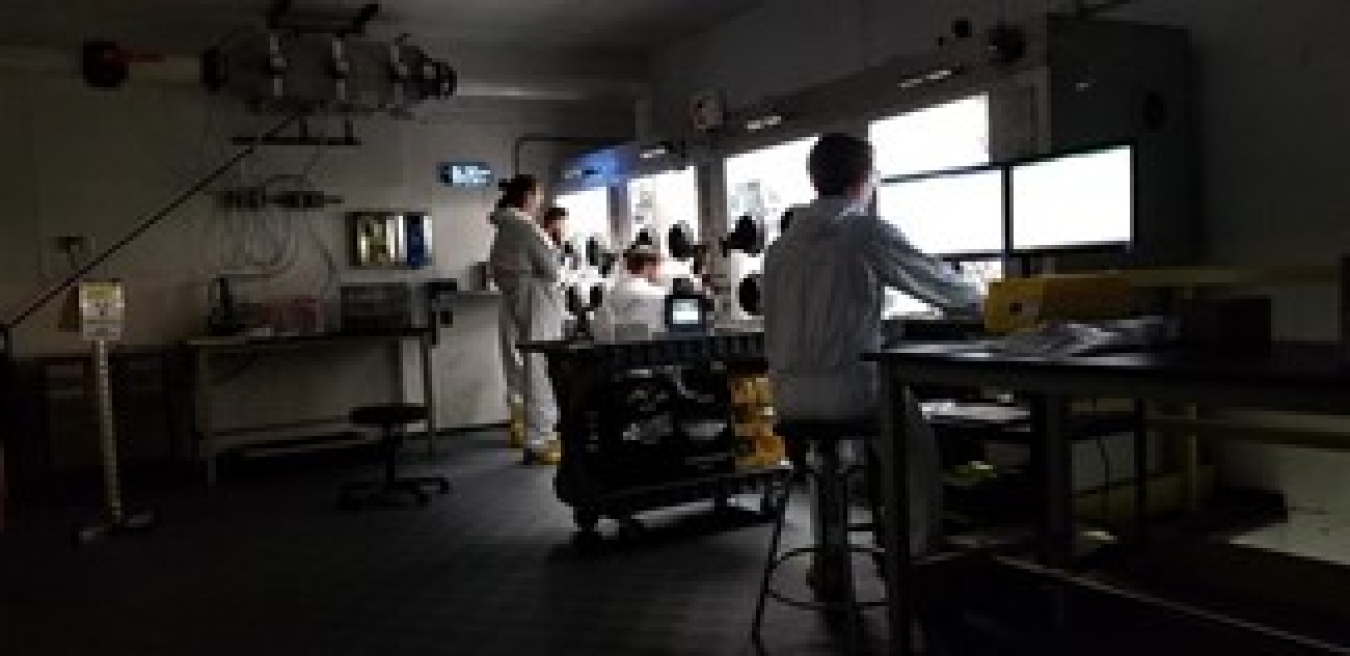NNSA issued a cooperative agreement worth $13 million to Niowave, a Michigan company, to support the commercial production of molybdenum-99.
National Nuclear Security Administration
December 3, 2021Michigan-based company will help secure U.S. supply of Mo-99 used in more than 40,000 medical procedures daily

WASHINGTON — The U.S. Department of Energy’s National Nuclear Security Administration (DOE/NNSA) issued a cooperative agreement worth $13 million to a Michigan company to support the commercial production of molybdenum-99 (Mo-99), a critical isotope used in more than 40,000 medical procedures in the United States each day, including the diagnosis of heart disease and cancer.
The agreement with Niowave Inc. of Lansing, Michigan, will help establish a reliable supply of Mo-99 without the need to use highly enriched uranium (HEU), which presents nuclear security and proliferation concerns.
“This cooperative agreement will enable Niowave to scale up their innovative Mo-99 production technology and bring it to market,” said Jill Hruby, DOE Under Secretary for Nuclear Security and NNSA Administrator. “Today’s award is another step towards establishing a diverse and resilient production base here in the United States for this important medical isotope.”
This is the fourth and final agreement to be issued under NNSA’s most recent Mo-99 Funding Opportunity Announcement (FOA). In the American Medical Isotopes Production Act of 2012, Congress directed NNSA to establish a program to support the development of commercial domestic production of Mo-99 without the use of HEU. NNSA implements this requirement through its Mo-99 Program, managed by the Office of Defense Nuclear Nonproliferation, which works globally to prevent state and non-state actors from developing nuclear weapons or acquiring weapons-usable nuclear or radiological materials, equipment, technology, and expertise. The Mo-99 Program has worked cooperatively with U.S. industry partners, securing agreements to share the cost of establishing domestic Mo-99 production without the use of HEU, and funding DOE’s National Laboratories in support of those efforts.
In July 2020, NNSA announced it would make funds available to industry to achieve commercial-scale production by the end of 2023. After conducting an independent merit review of the applicants, NNSA selected three companies in March 2021 to begin negotiations for the award of four cooperative agreements. NNSA issued two awards under this FOA on Aug. 27, 2021, and a third award on Oct. 18, 2021.

